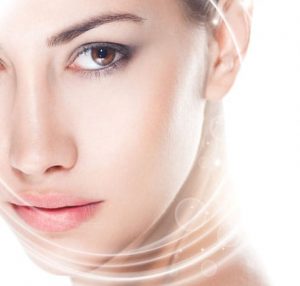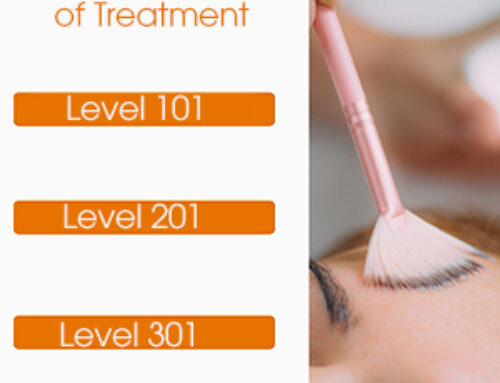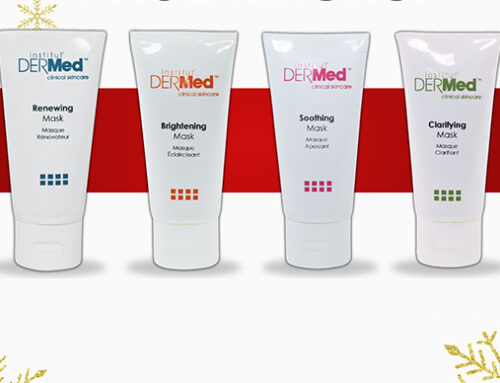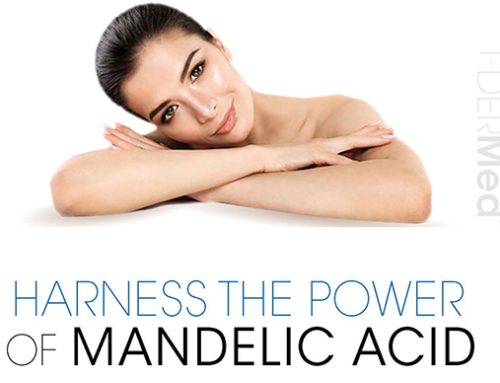 Collagen rejuvenating treatments are based on the principle that the skin has a natural abilitiy to repair itself whenever it is subjected to any kind of physical damage. Immediately after an injury, such as an abrasion or a burn, our body goes into a healing response; part of that response mechanism is to produce new collagen and elastin fibers.
Collagen rejuvenating treatments are based on the principle that the skin has a natural abilitiy to repair itself whenever it is subjected to any kind of physical damage. Immediately after an injury, such as an abrasion or a burn, our body goes into a healing response; part of that response mechanism is to produce new collagen and elastin fibers.
Collagen is the main protein found in our bones, muscles and tendons. It makes up 75 percent of our skin, forming the scaffold that strenthens our connective tissue. There are several different types of collagen but it is Type I and Type III Collagen in particular that are responsible for the majority of our skin’s regeneration. When the skin is injured Type III Collagen begins the healing process and is followed in the later stages of repair by Type I Collagen, which is stronger and more resilient.
As children, our skin is rich with Type III Collagen. This is why a child’s skin is so capable of repairing itself very quickly after any kind of abrasion due to a fall. But as we enter adulthood the production of this Type III Collagen naturally slows down. Instead our Type I Collagen begins to increase. Type I Collagen continues to build until we reach the age of around thirty-five and then it too starts to decrease. This is when true aging begins. Due to this reduction in collagen our skin becomes thinner and less elastic, pore size increases, facial spider veins and sun damage become more apparent, fine lines begin to appear, wrinkles become deeper and our skin loses its natural youthful radiance. These issues then become steadily worse as time progresses.
Collagen production can, however, be encouraged with what we call a controlled injury. When the face is abraded such as with Microdermabrasion or an exfoliating Acid Peel or treated with Micro-needling, or heated through Radio Frequency, it triggers the body’s normal wound-healing response. It is this normal wound-healing response that the science of these treatments are based on to naturally increase the production of collagen in the skin.
With the presence of new collagen the skin’s condition begins to improve. Over time it will appear plumper and suppler, skin tightens, fine lines and wrinkles appear softer, uneven skin texture is smoothed, and dark spots appear to fade. With each treatment more new collagen is produced and the overall quality of the skin continues to improve.
Although aging is a biological inevitable process it is possible to focus on ‘successful aging’. Maintaining professional results at home will also greatly help to minimize the signs of aging on the skin. Topicals for home skin care maintenance are particularly recommended to not only encourage collagen production but to continue to protect the collagen you still have from degrading further.
Professional treatments with a Facial peel such as the Institut’ DERMed Level 201 Retinol+ Peel containing L-Retinol, works to exfoliate the surface of the skin and promote collagen production. The exfoliation effect of this peel not only removes the dead skin cell layers but will improve the appearance of acneic skin as well.
The next level up, the Institut’ DERMed Micro Lifting Peel contains L-Ascorbic Acid which is essential to collagen production. Collagen cannot be built without vitamin C and its antioxidant properties which make it a vital ingredient for skin health. Studies have shown this to be one of the strongest antioxidants proven to encourage collagen and protect the skin from oxidative stressors. Although not a suncscreen Vitamin C is also recommended for it’s antioxidant activity that helps to protect the skin from UV stressors that contribute to the signs of premature aging.
Homecare recommendations to continue maintaining professional treatment results are the Institut’ DERMed Vital C Serum formulated with L-Ascorbic Acid and Resveratrol and the Institut’ DERMed Vital A Serum formulated with Micro-encapsulated L-Retinol and Glycolic Acid.
Aging may be mathematically inevitable but it is possible to delay the appearance of aging on your skin. Read more about collagen rejuvenation in this months Institut’ DERMed Healthy Skin Lifestyle Magazine Issuu:



